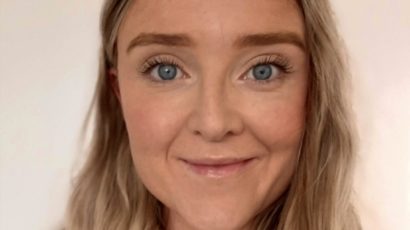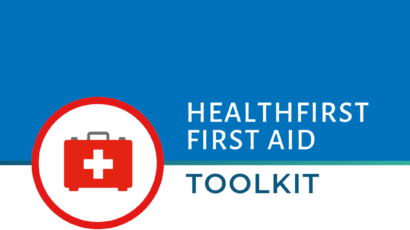Hay fever season is upon us
Bad news for hay fever sufferers I’m afraid – the hay fever season is upon us….
Trees and shrubs are well and truly in bud and grasses are growing. This means that plants are releasing pollen powder into the air during their reproductive cycle.
Some people’s immune system reacts to proteins in pollen when the cells in the lining of their nose, throat and eyes come into contact with it. These cells release chemicals, notably histamines, and the immune reaction causes inflammation, swelling and irritation of their nasal passages, eyes, and throat.
In turn, this leads to the dreaded hay fever symptoms – an itchy, blocked, runny nose and watery, sore eyes with sneezing and a tickly throat.
Hay fever is really an allergy to grass or hay pollens. But it is also used to describe an allergy to other pollens including tree and weed pollens. Around 15-20% of the Swiss population have a pollen allergy and in about 70% of those, it’s an allergy to grass pollens.
Trees release pollens which become air-borne during spring. Grass pollens are released towards the end of spring and into early summer whereas weed pollens are released later in the year, during autumn.
The pollen count provides a measure of the current amount of pollen circulating in the air. The higher the count for the pollen a person is allergic to, the more severe their hay fever symptoms will be on that day. The website pollenundallergie.ch contains information from the Swiss Allergy Centre and MeteoSwiss, including the current circulating pollen levels in the different parts of Switzerland. And there are various smartphone Apps for allergy sufferers, including one called “Pollen-News” which could be worth a look.
So, what can you do to find relief from the symptoms of hay fever?
Well, the first port of call is a pharmacy. There are a range of treatments that can be bought over-the-counter without a prescription. The main-stay are usually antihistamines, which block the histamine chemicals released during the immune reaction, and steroids, which help to counteract the inflammation caused.
It is best to avoid antihistamines during pregnancy and breastfeeding. It’s also worth noting that steroid nasal sprays can take a few weeks to have full effect, so starting them before the pollen season kicks in is ideal. A doctor can prescribe stronger treatments if those available over-the-counter don’t work.
Here are some other practical things that may help hay fever sufferers:
- If possible, stay inside and keep windows and doors shut when pollen counts are high.
- Avoid cutting the lawn and visiting large grassy places.
- Shower and wash your hair after being outdoors.
- When outside, wear wrap-around sunglasses.
- Apply a small amount of petroleum gel to the openings of your nasal passages to ‘trap’ pollen powder and help stop it entering your nose.
- Keep your car windows closed and fit a pollen filter to the air vents in your car.
If these measures don’t work and symptoms are particularly bad, a specialist can arrange testing to see exactly which pollens a person is allergic to. They may suggest immunotherapy treatment (also known as desensitization). Immunotherapy allows the body to build up a resistance to the allergic effects of the pollen. That way hay fever symptoms can be reduced. But it doesn’t usually offer a complete cure.
Immunotherapy treatment can be carried out in two ways. Either a very small quantity of the allergy-inducing pollen is injected under the skin, or a tablet containing the pollen is placed under the tongue. You do need to be committed to this treatment though, as it usually continues for 3 to 5 years.
As long as the hay fever season is upon us and you are a sufferer, it’s worth trying to follow the tips above combined with available medication and hopefully this will bring you some relief.





